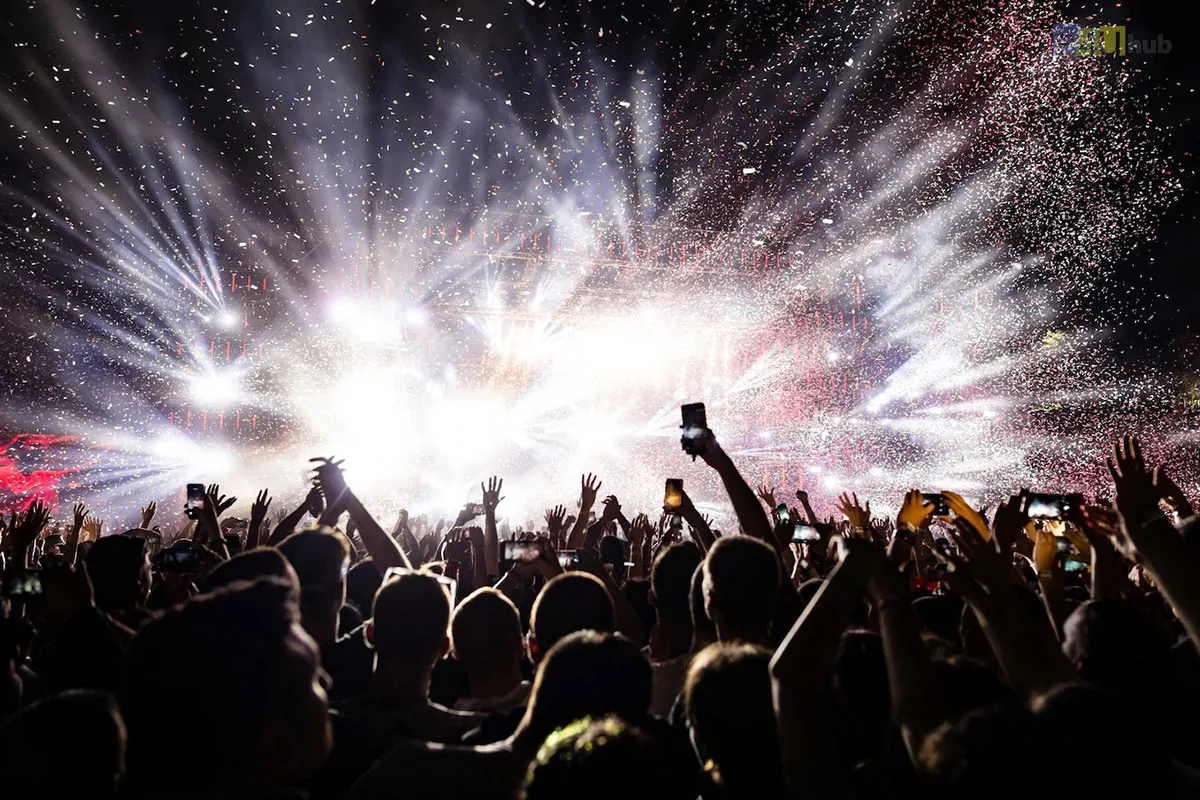
The Evolution of Music Festivals
- 29 Sep, 2023
- Entertainment
- 789 Views
- 0 Comments
Music festivals have been a cherished part of the cultural landscape for decades, providing music lovers with unforgettable experiences, a sense of community, and a platform for artists to showcase their talents. Over the years, these festivals have evolved in response to changing musical trends, technology, and cultural shifts. In this blog, we'll take a journey through time to explore the fascinating evolution of music festivals, from the iconic Woodstock of the 1960s to the global extravaganzas like Tomorrowland in the modern era.
The 21st century introduced a digital dimension to music festivals. Livestreaming technology allowed fans to participate remotely in festivals and concerts, opening up new possibilities for artists to connect with their audience. Especially during the COVID-19 pandemic, virtual festivals became a lifeline for both performers and fans, offering a sense of unity and hope during challenging times.
The evolution of music festivals is a testament to the enduring power of music to bring people together, transcend boundaries, and shape culture. From the free-spirited days of Woodstock to the global extravaganzas of Tomorrowland, festivals have continuously adapted to the changing times.
In the future, we can expect even more innovation in festival culture, with immersive technologies like virtual reality and augmented reality enhancing the festival experience. Sustainability and social responsibility will likely continue to be at the forefront of festival organizers' agendas.
Music festivals have come a long way since their inception, and their journey is far from over. As they continue to evolve, one thing remains constant: the magic of music that unites people and creates lasting memories. Whether you're a fan of rock, EDM, jazz, or any other genre, there's a festival out there waiting for you to join the celebration of music, culture, and life.




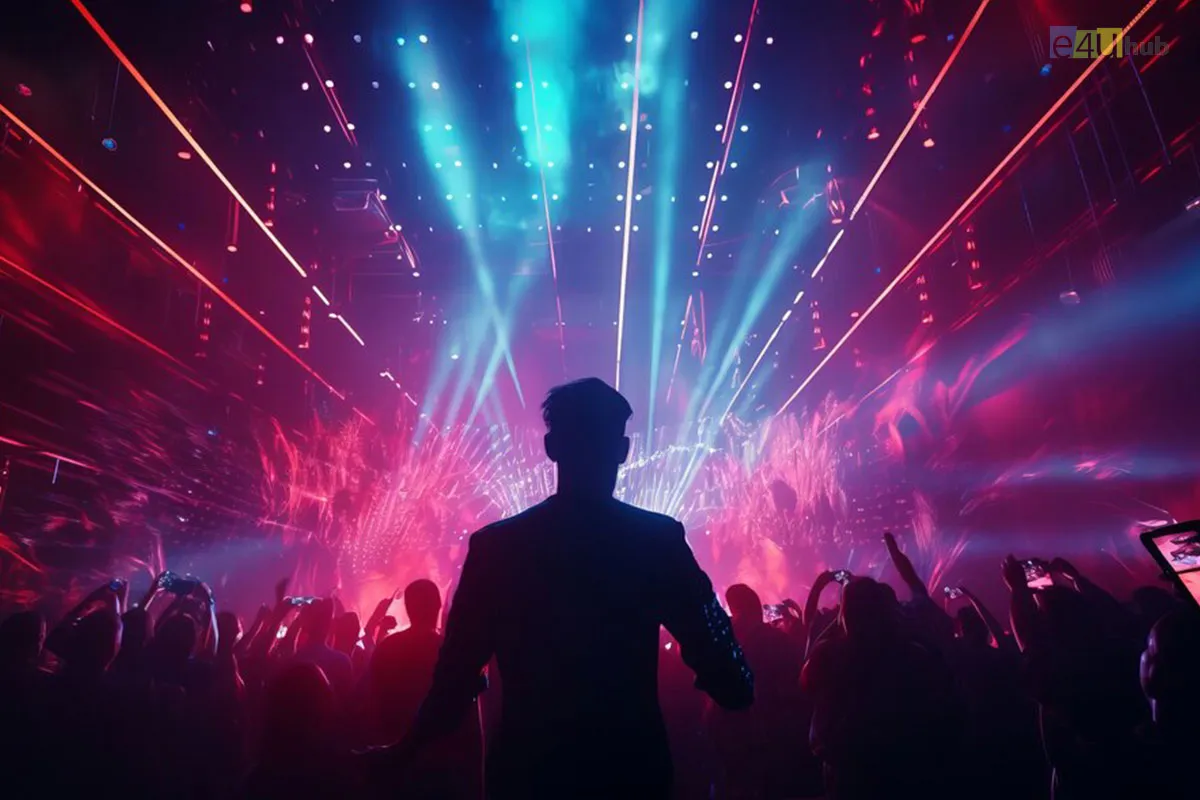



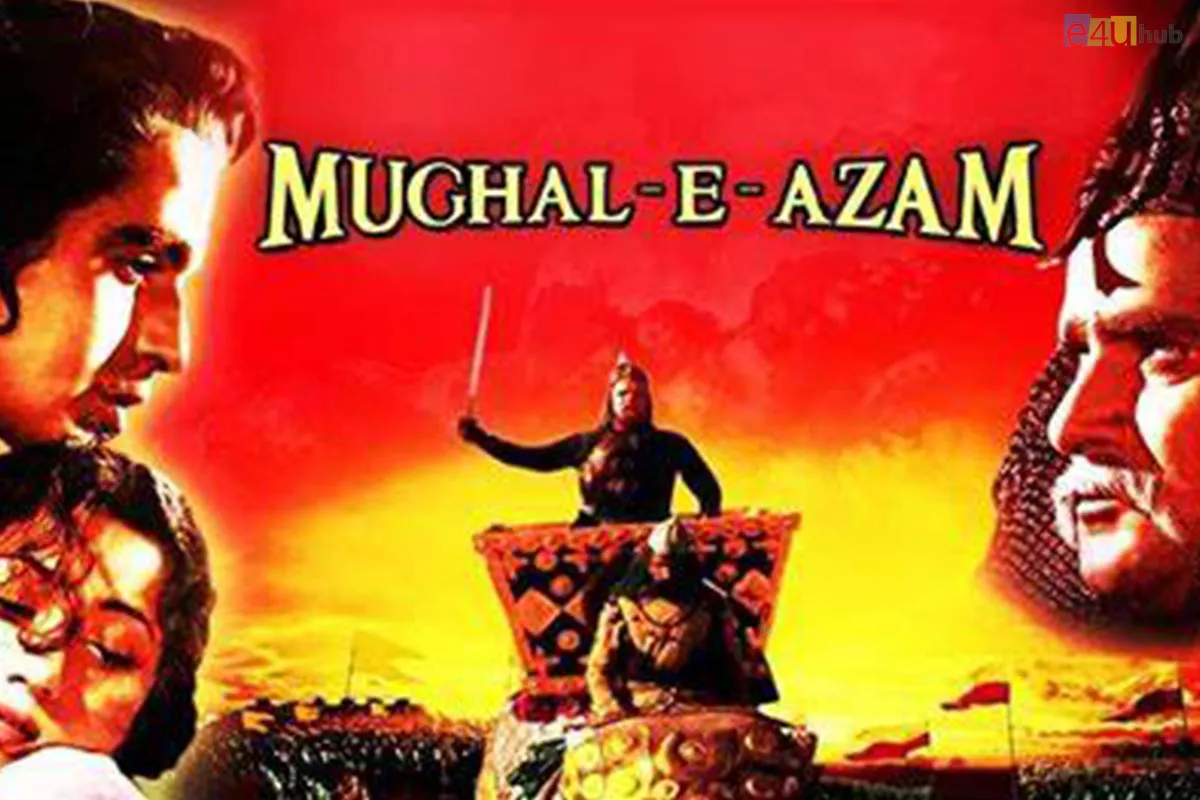
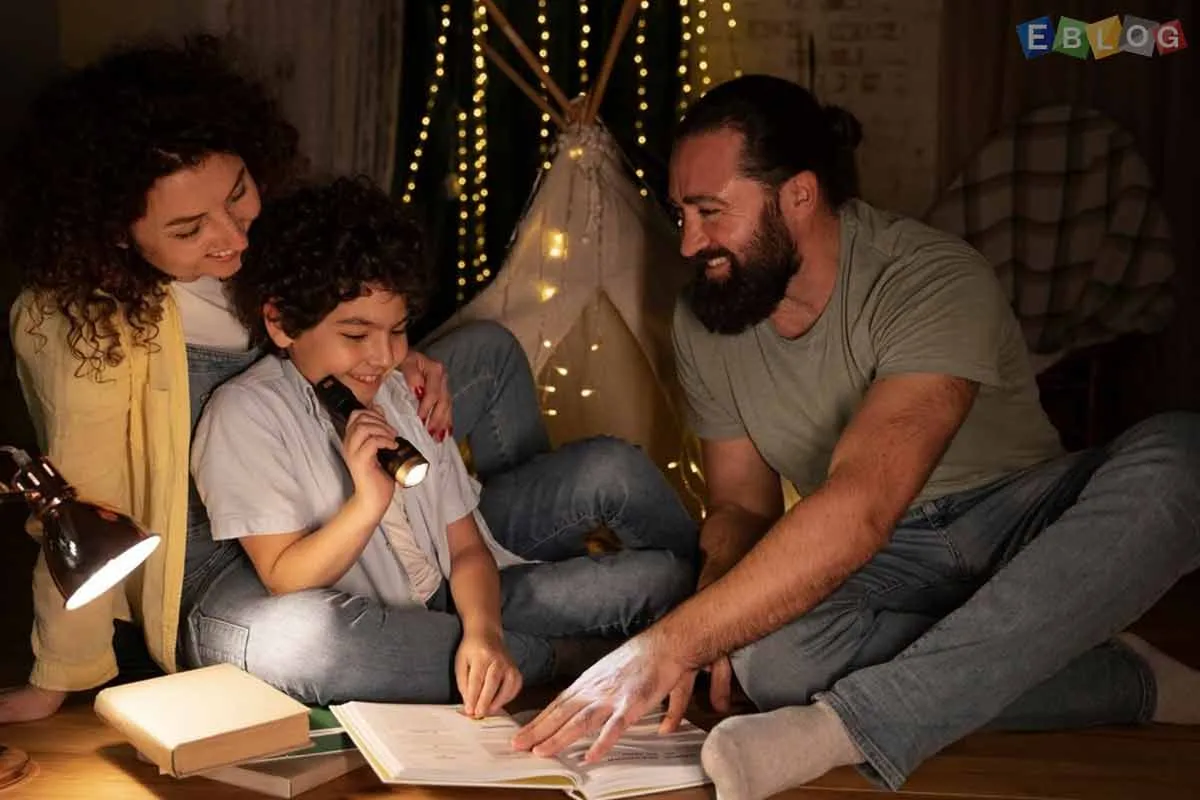
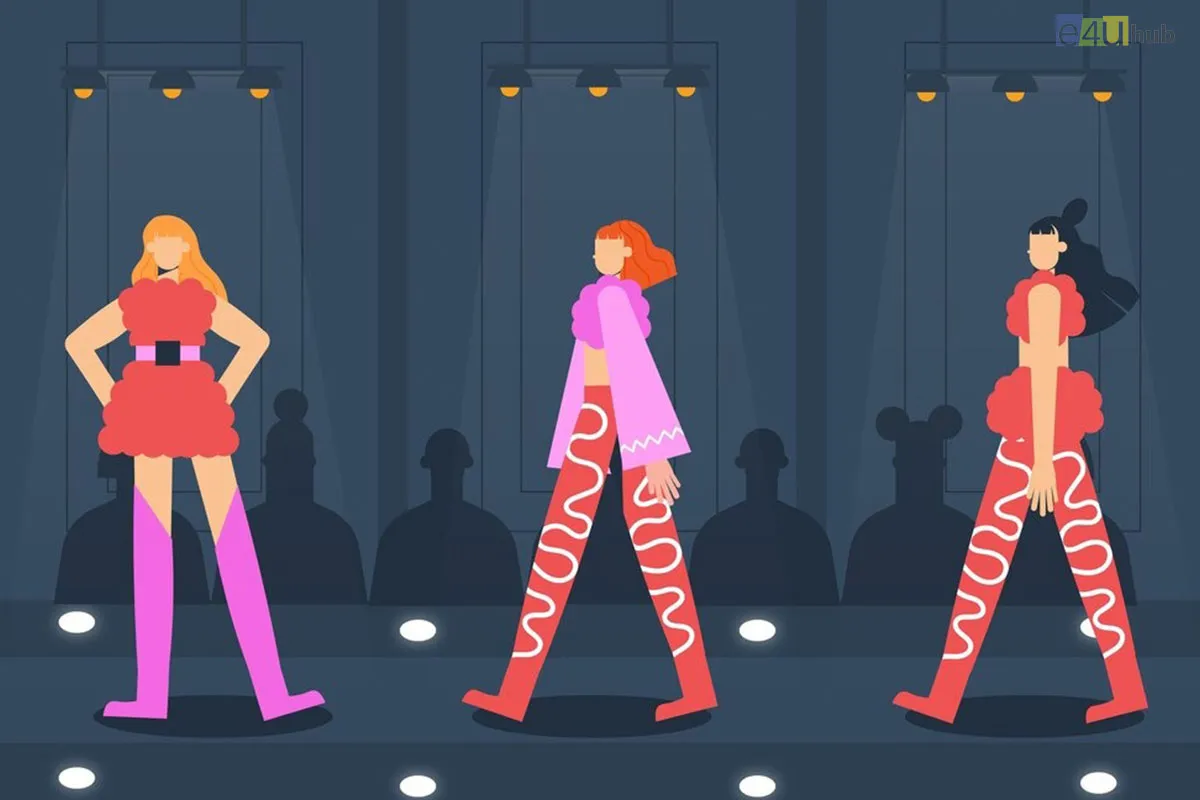

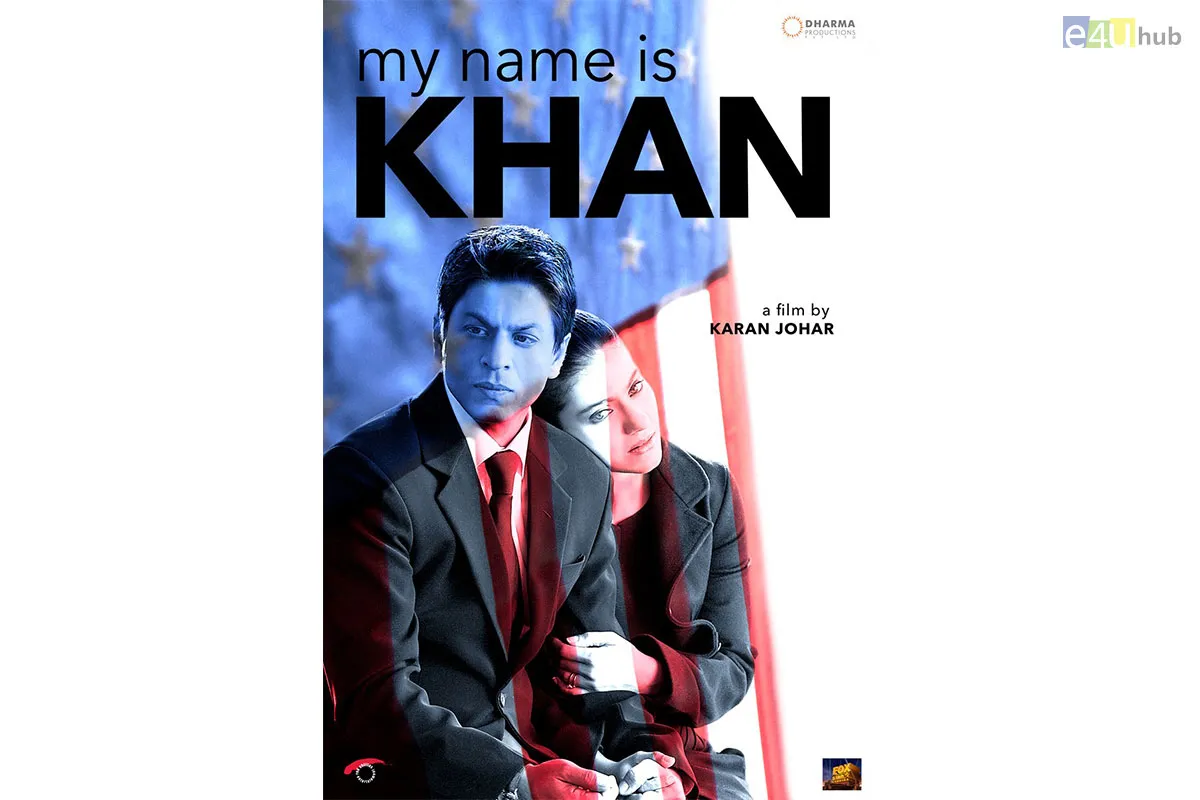
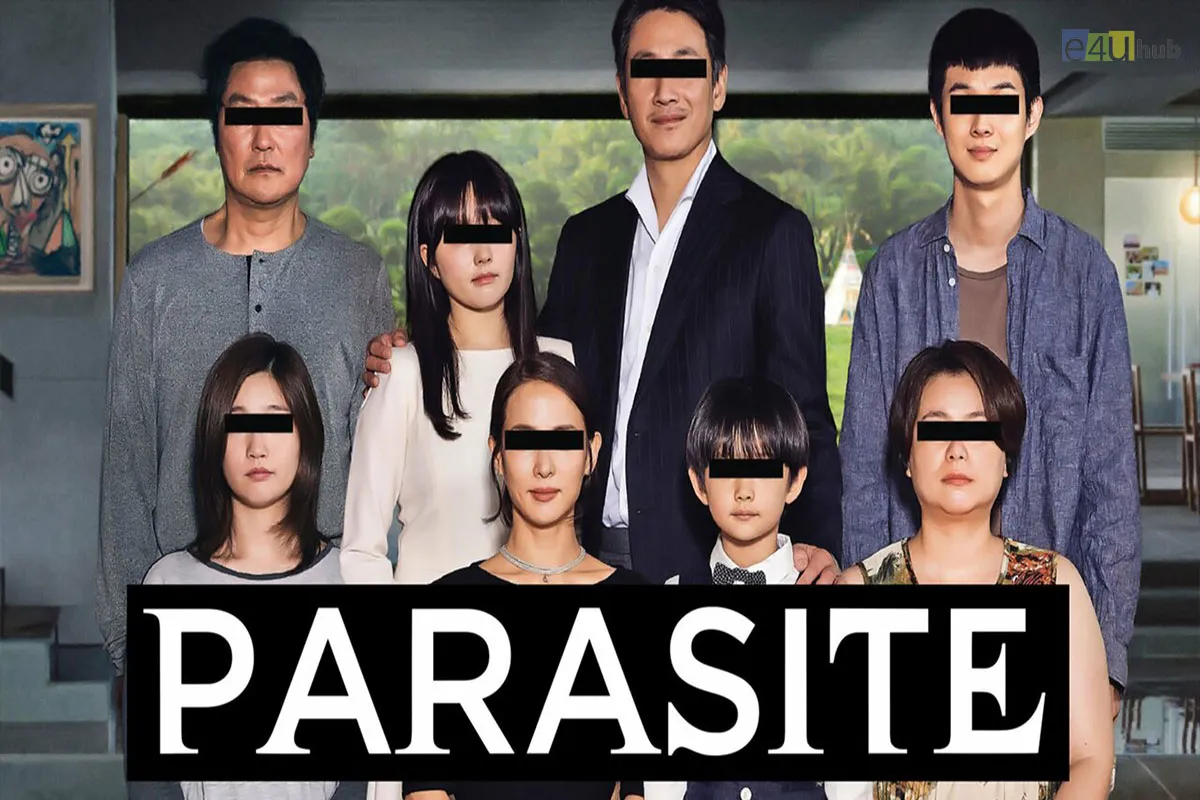

Leave a Reply